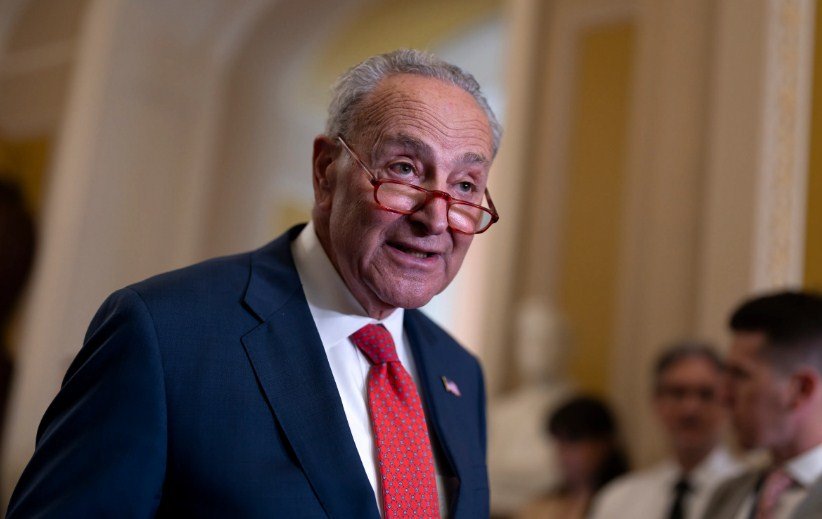Senate Majority Leader Chuck Schumer is hosting a summit on artificial intelligence (AI) next month, which will bring together some of the most influential figures from Hollywood and the tech industry. The event, scheduled for September 13 in Washington, D.C., aims to establish a framework for regulating AI, which has been a source of contention and disruption in various sectors, especially entertainment.
AI and the Hollywood strike
One of the reasons why Schumer’s AI summit is relevant for Hollywood is the ongoing strike that has affected the Writers Guild of America (WGA) and the Screen Actors Guild-American Federation of Television and Radio Artists (SAG-AFTRA). The two unions have been on strike for most of the summer, demanding better working conditions and compensation for their members.
One of the key issues that the unions have raised is the use of generative AI in entertainment, which can create or modify literary material, such as scripts, dialogues, and characters. The unions have argued that AI cannot replace human creativity and that works covered by union contracts cannot be used to train AI systems. They have also demanded that AI cannot be used as source material for any production.
The strike has resulted in the shutdown of several film and TV projects, as well as the postponement of major award shows, such as the Emmys and the Oscars. The strike has also affected the streaming platforms, such as Netflix and Amazon Prime Video, which rely on original content from writers and actors.
AI and the tech industry
The tech industry, on the other hand, has been at the forefront of developing and deploying AI systems across various domains, such as health care, education, transportation, and social media. Tech giants, such as Google, Microsoft, Facebook, and Amazon, have invested billions of dollars in AI research and innovation, creating some of the most advanced and powerful AI models in the world.
However, the tech industry has also faced criticism and scrutiny for the ethical and social implications of AI, such as privacy, bias, accountability, transparency, and safety. Some tech leaders, such as Elon Musk and Bill Gates, have warned that AI could pose an existential threat to humanity if not regulated properly. Others, such as Mark Zuckerberg and Sundar Pichai, have advocated for a more balanced and collaborative approach to AI governance.
Schumer’s AI summit is expected to address some of these challenges and opportunities that AI presents for both the tech industry and society at large. The summit will also explore how to foster innovation and competitiveness in AI while ensuring human dignity and rights.
Who will attend Schumer’s AI summit?
According to Schumer’s office, the AI summit will feature a diverse and high-profile group of attendees from various sectors and backgrounds. Some of the confirmed participants are:
- Meredith Stiehm, president of WGA
- Charles Rivkin, chairman and CEO of Motion Picture Association
- Bill Gates, founder of Microsoft
- Elon Musk, founder and CEO of Tesla and SpaceX
- Mark Zuckerberg, founder and CEO of Facebook
- Sam Altman, CEO of OpenAI
- Sundar Pichai, CEO of Alphabet
- Satya Nadella, CEO of Microsoft
- Eric Schmidt, former CEO of Google
- Rumman Chowdhury, CEO of Humane Intelligence
- Jack Clark, co-founder of Anthropic
- Clément Delangue, CEO of Hugging Face
- Eric Fanning, CEO of Aerospace Industries Association
- Tristan Harris, co-founder of Center for Humane Technology
- Jensen Huang, CEO of NVIDIA
- Alex Karp, CEO of Palantir
- Arvind Krishna, CEO of IBM
- Janet Murguía, president of UnidosUS
- Deborah Raji, researcher at UC Berkeley
- Elizabeth Shuler, president of AFL-CIO
- Randi Weingarten, president of American Federation of Teachers
- Maya Wiley, CEO of Leadership Conference on Civil & Human Rights
The summit will be moderated by Schumer himself and will consist of several panels and discussions on various topics related to AI. The summit will also seek to generate ideas and recommendations for how to best regulate AI in a way that promotes innovation and social good.

